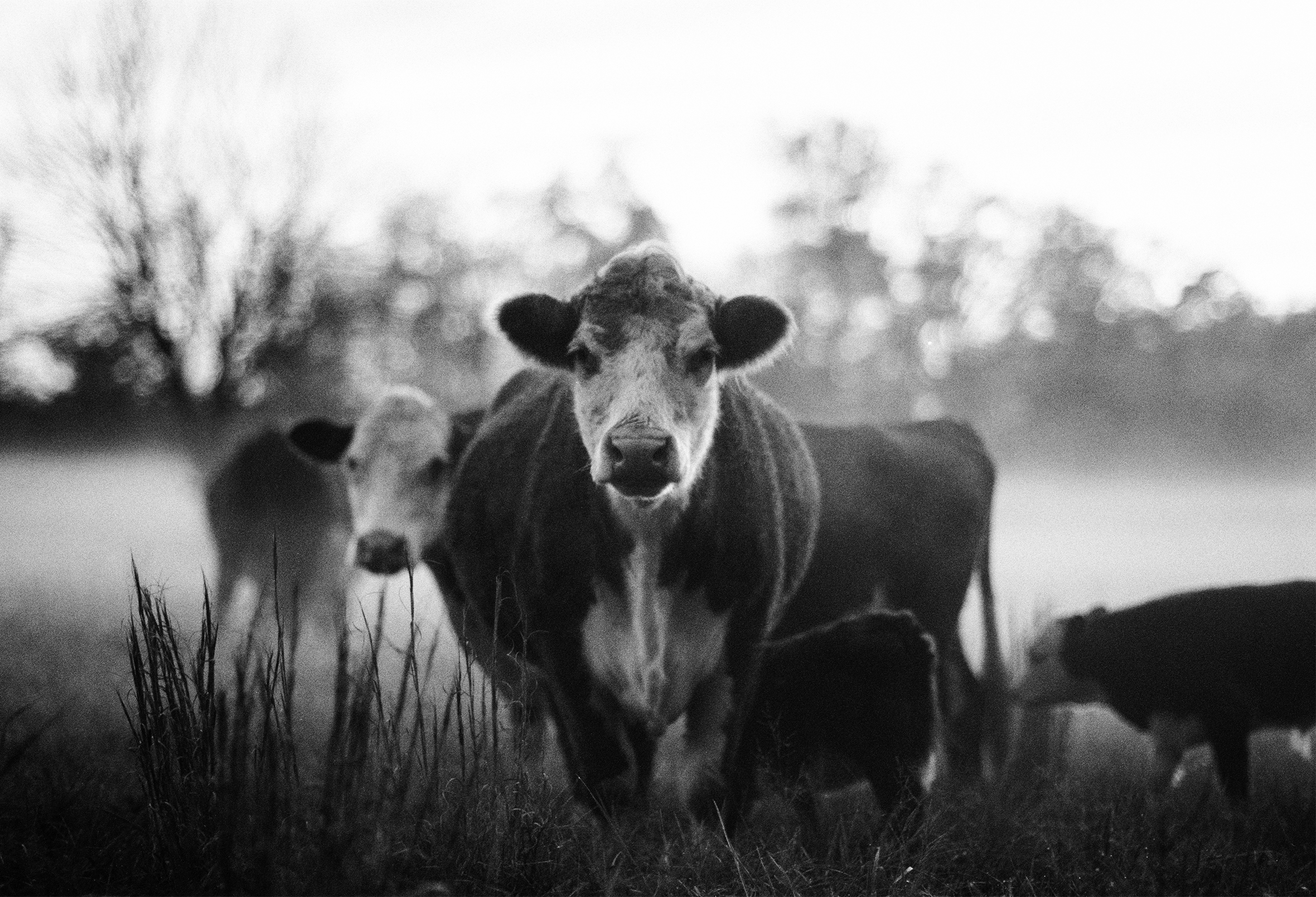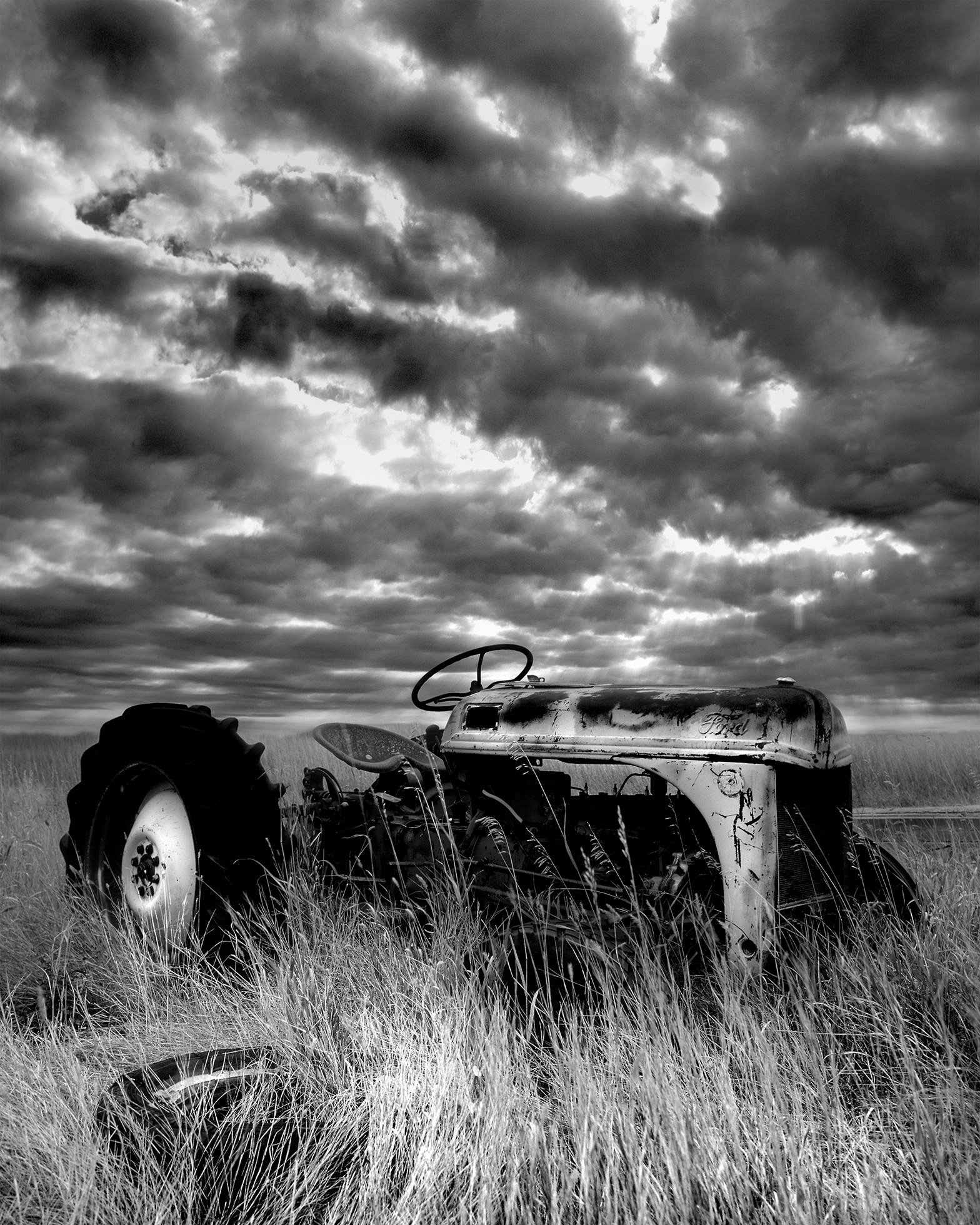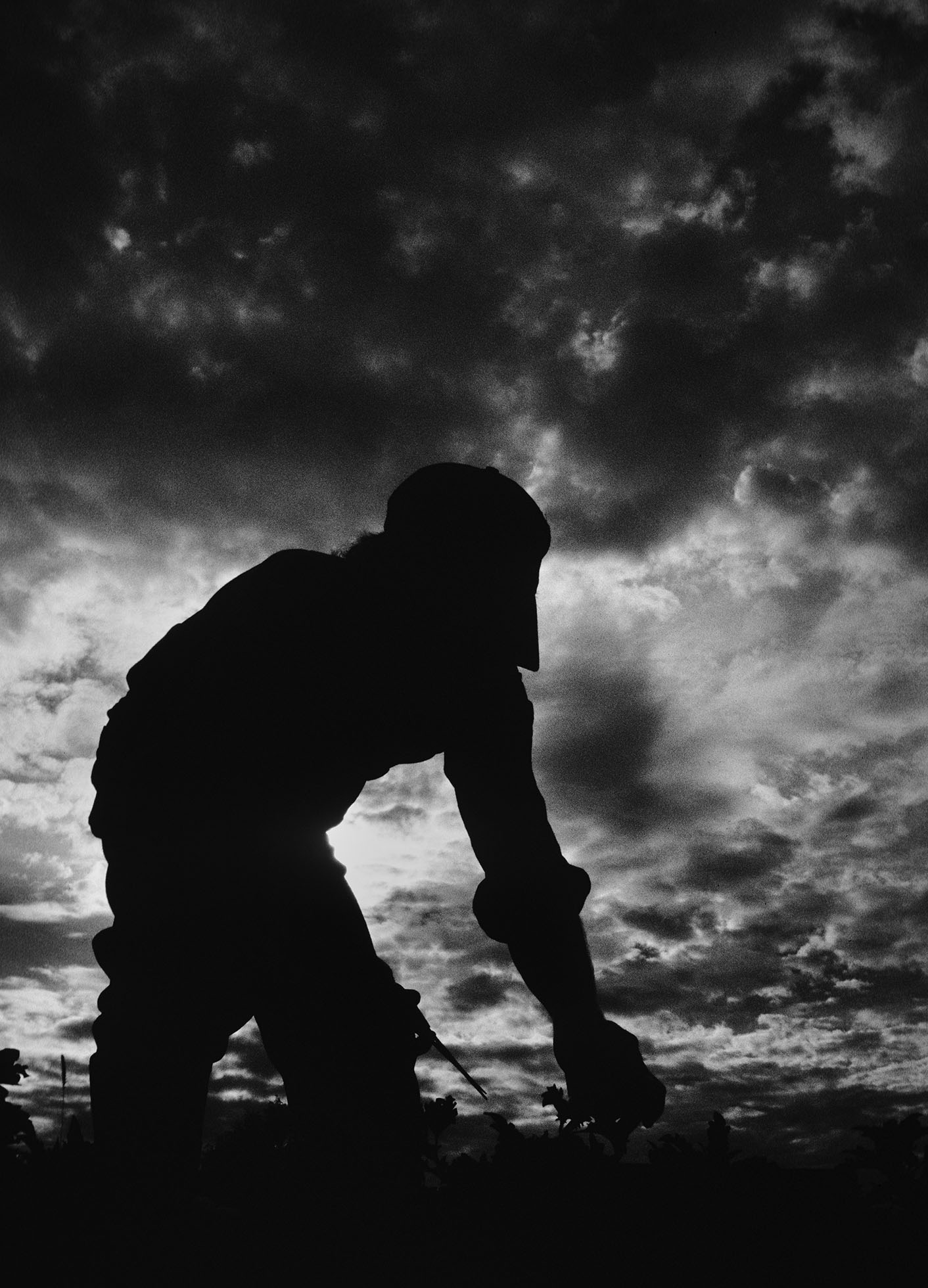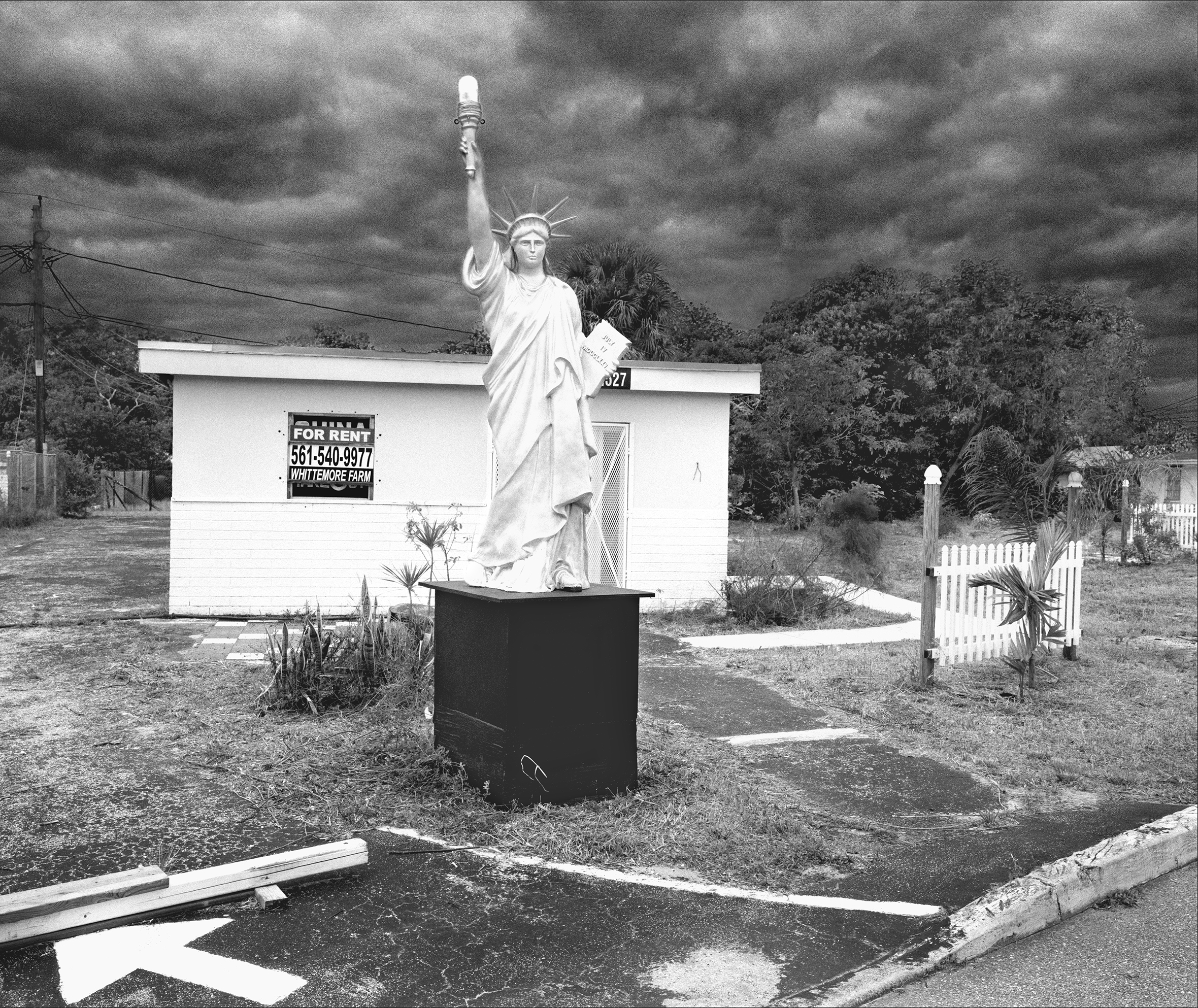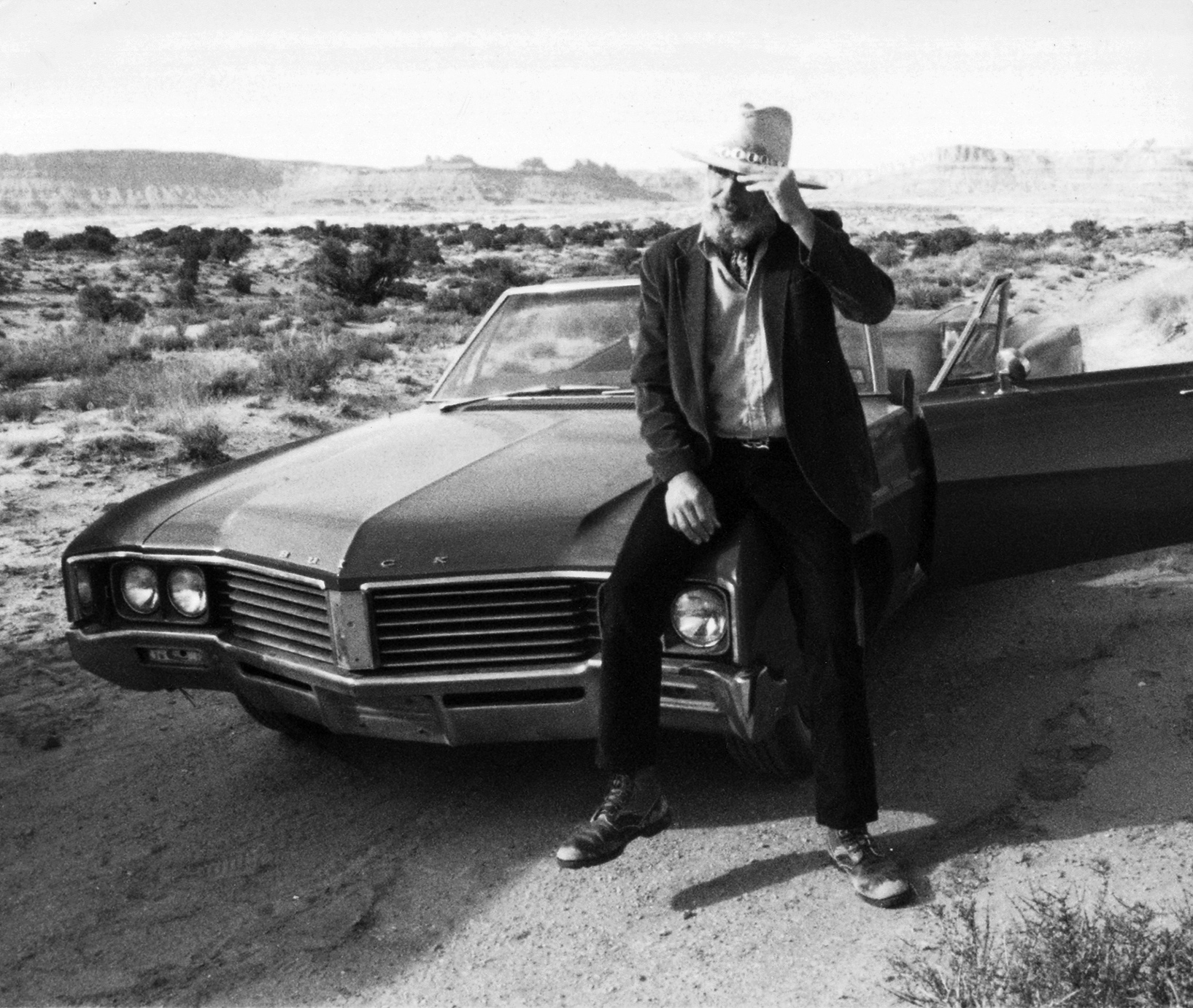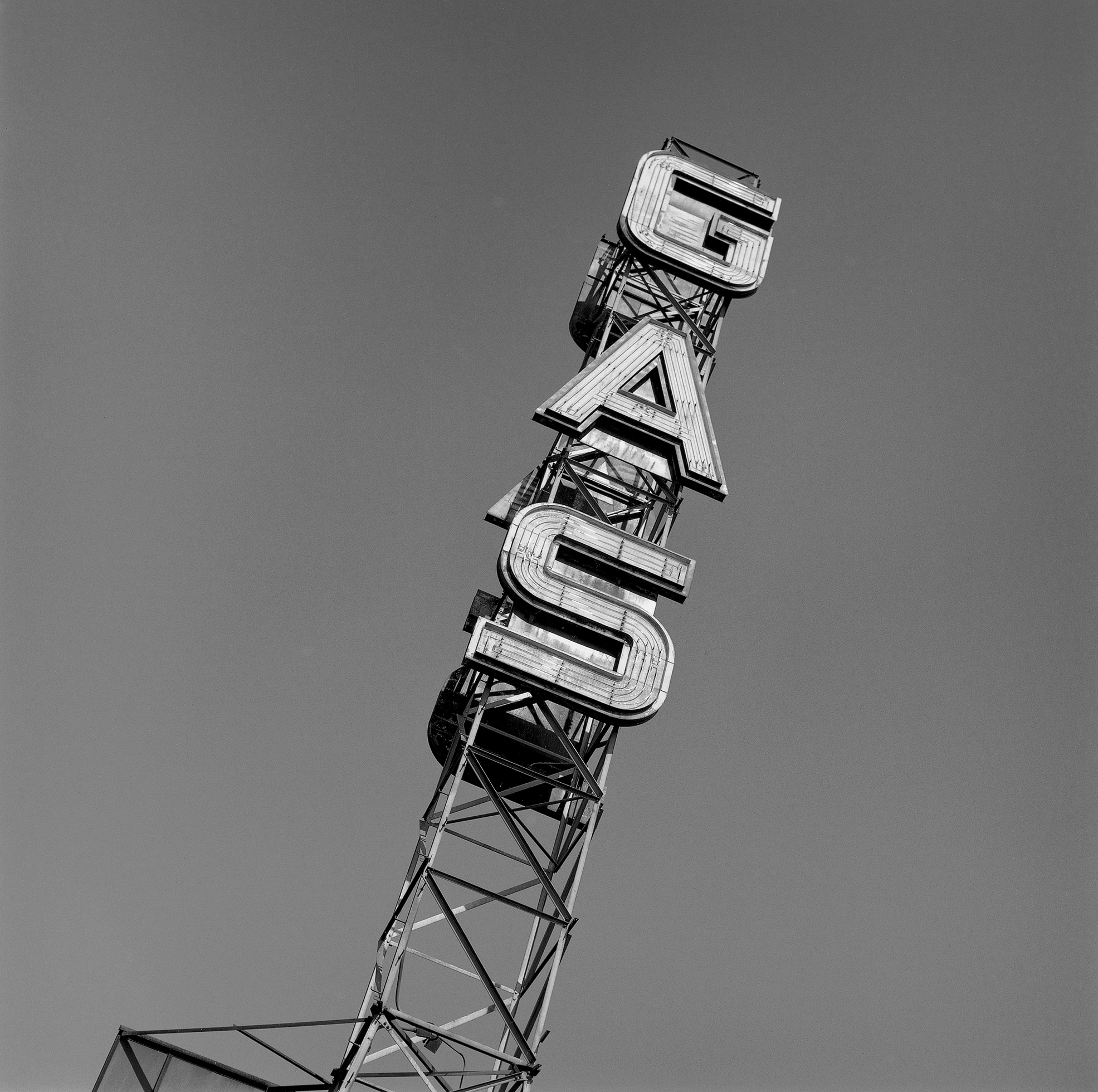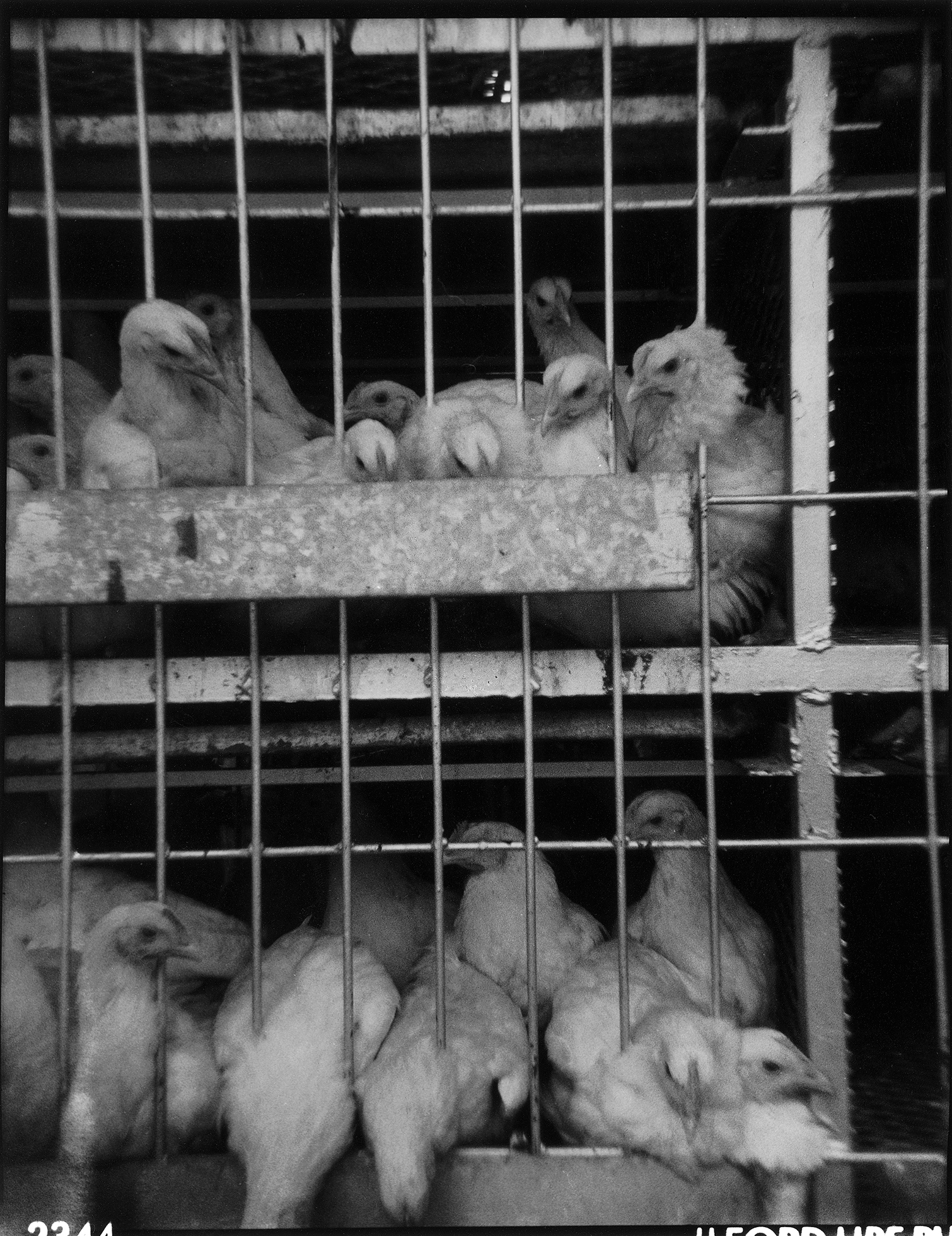Browse Topics
Industrialization
The Carnivore’s Dilemma
Wyatt Williams On The Moral Conundrum Of Killing And Eating Animals
We shouldn’t fool ourselves into thinking that because we went to Whole Foods and bought the organic product, we’re not participating in suffering and death.
April 2022Sunbeams
November 2018One of the first things we must get rid of is the idea that democracy is tantamount to capitalism.
Farmed Out
Wes Jackson On The Need To Reinvent Agriculture
We must turn our attention to the water and the soil and ask, “How do we insure that the bread we eat does not come from grains that are grown in eroding soil and that load our water with nitrogen and pesticides?” Soon people will realize that annuals are poor managers of soil nutrients and water, and that agriculture will need to turn to perennials to better manage those resources.
October 2010Table For Six Billion, Please
Judy Wicks On Her Plan To Change The World, One Restaurant At A Time
You hear more lately about the concept of “food miles” — how far food travels to get to your plate. To most people fewer food miles just means that it’s fresher, but others are starting to make the connection to carbon emissions, though I don’t think that’s the primary reason people buy local. I think the local-food movement is more concerned with nutrition and community connection: people want to meet the farmers who grow their food, and they know that local food tastes better and is healthier and more nutritious.
August 2008Digging In
Wendell Berry On Small Farms, Local Wisdom, And The Folly Of Greed
The human definition of the natural world is always going to be too small, because the world’s more diverse and complex than we can ever know. We’re not going to comprehend it; it comprehends us. The question is whether we can use it with respect. Some people in the past who knew very little biology were able to use the land without destroying it. We, who know a great deal of biology, are destroying our land in order to use it.
July 2008Bridging The Green Divide
Van Jones On Jobs, Jails, And Environmental Justice
“Eco-apartheid” is a situation in which you have ecological haves and have-nots. In other words, if you are in the San Francisco Bay Area, and you visit Marin County, you’ll find hybrid vehicles, solar panels, organic food, organic everything. If you then get in your car and drive twenty minutes, you’ll be in west Oakland, where people are literally choking on the fumes of the last century’s pollution-based technologies. That’s eco-apartheid, and it’s morally wrong, because we should deliver clean jobs and health benefits not just to the wealthy, but also to the people who need them most. Eco-apartheid doesn’t work on a practical level either, because you can’t have a sustainable economy when only 20 percent of the people can afford to pay for hybrids, solar panels, and organic cuisine, while the other 80 percent are still driving pollution-based vehicles to the same pollution-based jobs and struggling to make purchases at Wal-Mart.
March 2008Sincerely, Edward Abbey
The important and difficult question is “How? How save the wilderness?” I am not much concerned with the state of the world a thousand years from now, for in that long-range view I am an optimist: I think that the greed and stupidity of industrial culture will save us from ourselves by self-destruction. What I am concerned about is the world my children will have to live in, and maybe, if my children ever get around to it, the world of my grandchildren.
October 2006Island Of The Damned
Oh, and there is one other problem — the elephant sitting in the room, and certainly the most profound explanation for Nauru’s contemporary interest in money laundering: a century of phosphate mining has denuded roughly 80 percent of the island.
July 2006Peak Experience
The Age Of Oil Is Coming To An End: An Interview With Richard Heinberg
We’re on the verge of an infrastructural shift as profound as any in human history, on the scale of the Industrial Revolution. You might say we’re going to be seeing the other side of that revolution, and it will change our political system, our ideologies, and our beliefs.
July 2006Seventy-Two Labors
Even though the butcher section was in the back, I could smell animal flesh when I came through the doors, the faint stench that leaked through the plastic wrap and rose above the ammonia smell of the floors.
May 2006